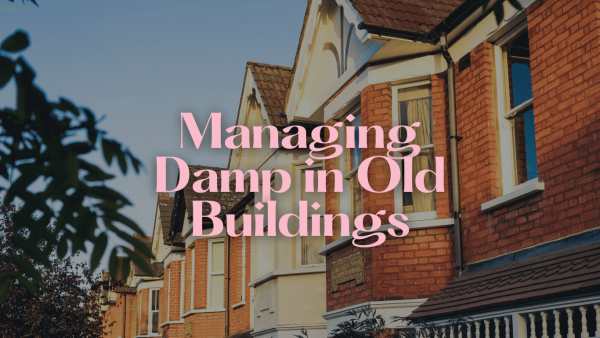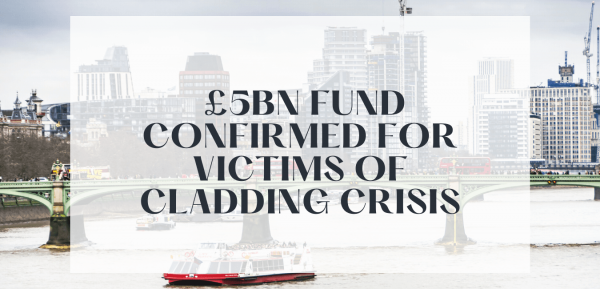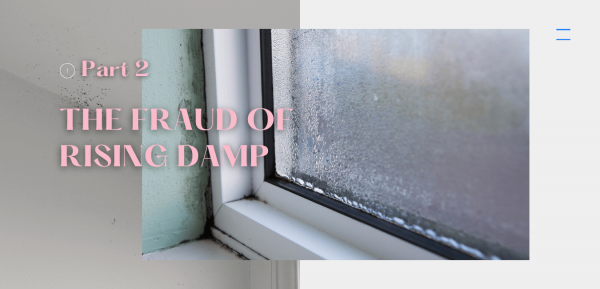Quite how gloomy should we be? The housing market tends to drop when there is high unemployment - There isn’t.
Inflation is predicted to fall because.
- There is no wage spiral
- The Bank of England has stopped QE and is winding it back
- The energy spikes are fading
Mortgage approvals are holding up well, although some mortgage offers are taking an age to come through as lenders are adding more onerous stress tests to the mortgages.
The strong house price inflation that we saw prior to September 22 has cooled, those kinds of increases were unsustainable. We operate in South East London and here we did not see the 30% market increases that other parts of the UK saw. Post covid many people were leaving the Cities and the surge of people wanting to live in the suburbs pushed prices up quickly. Here in London, our rises were modest and as a consequence, any market correction will be modest too.
I do not expect house prices in London to fall. Since September there has already been a small correction. Outside of the City’s may have a different experience.
I was talking to a mortgage underwriter recently. Off the record, they advised against rushing into an uncompetitive fixed-rate mortgage deal. As we have said, the rates are more likely to fall in the next few months. Additionally, I am told that many lenders have had a bumper year and have hit or smashed their 22’ targets. Meaning they are not desperate for new business in the remainder of the year. Come 2023, they will have brand new targets to hit and with that might come some better mortgage offerings.
Rents remain high. Good quality rental property is scarce and that is pushing rents higher. Ironically, financially it is starting to become a good time to become a landlord again
Personally, I think that we are through the worst of it. We are, ‘probably’, at the end of the beginning, but the end is in sight. Things will get better soon.
After performing very strongly following the pandemic, the housing market has recently entered more uncertain territory. Although stamp duty has been cut, mortgage rates are a significant concern for homeowners and movers alike, and the energy price shock has impacted consumer confidence. With inflation running at 11.1% what is affecting the housing market?
- Consumer Confidence
- Mortgage Rates
- Unemployment
The causes are the energy price shock, the biggest squeeze on household incomes since the 1950s, and the highest inflation in 40 years. The consumer confidence barometer from GFK, says that confidence has been the lowest on record, in the last two months.
However, there is room for optimism.
Economists are predicting that the economy will flatline, rather than fall into a deep recession. Unemployment is very low, it is roughly at its lowest in 50 years.
Gas prices and petrol prices are falling. They are not as low as they were, but they are nevertheless coming down. Job vacancies are high.
The housing market tends to drop when there is high unemployment. Interest rates have been rising from 0.1% to the current Bank of England base rate of 3%. We must count ourselves lucky for the last 15 years of extremely low-interest rates. This is new territory for lots of people, the good news is that the central banks have thought that inflation was temporary or transitory. Markets expect rates to peak at 4.5% to 5%. Among the people I talk with and listen to, it would be a surprise if rates got that far, probably no higher than 4%. Mortgage rates are expected to fall from the recent very high levels. Government bond yields are down and Gilt yields are also down. Some mortgage rates are already improving.






Share this with
Email
Facebook
Messenger
Twitter
Pinterest
LinkedIn
Copy this link